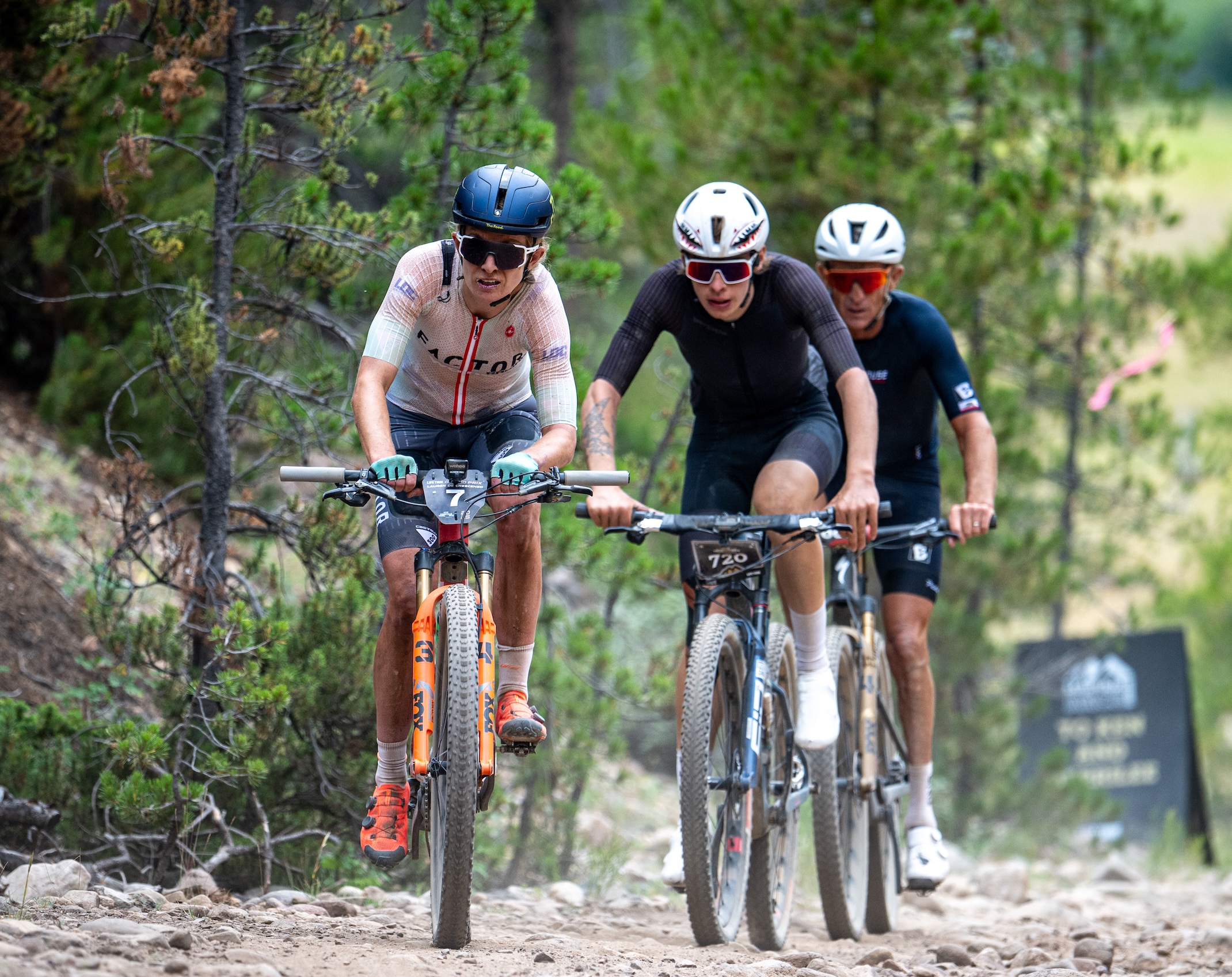Peter Sagan: It's not all about condition at the Tour of Flanders
Former world champion reticent about his form and chances of victory
The latest race content, interviews, features, reviews and expert buying guides, direct to your inbox!
You are now subscribed
Your newsletter sign-up was successful
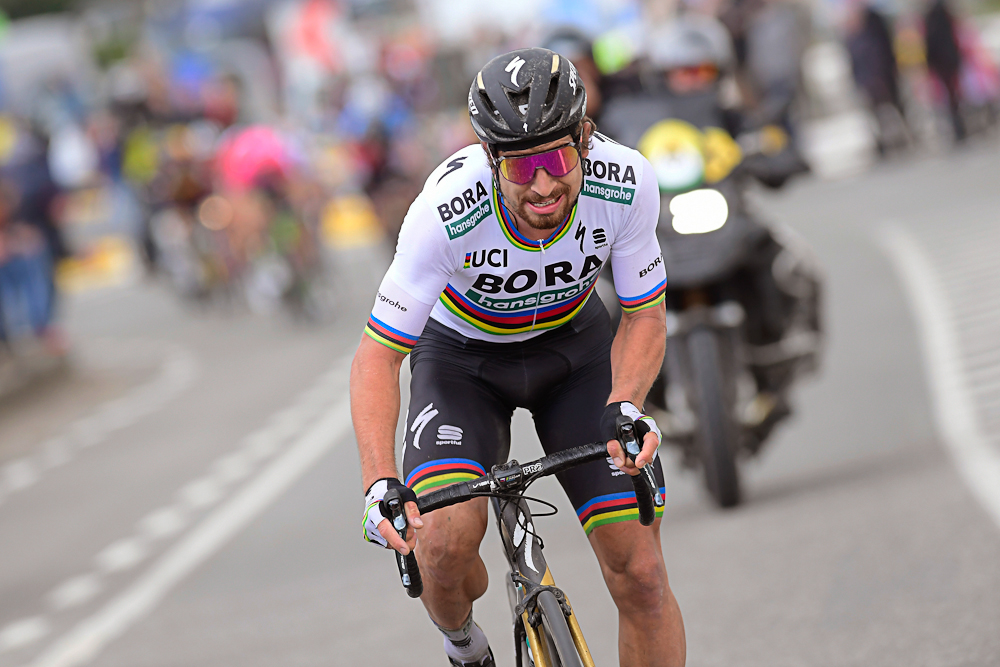
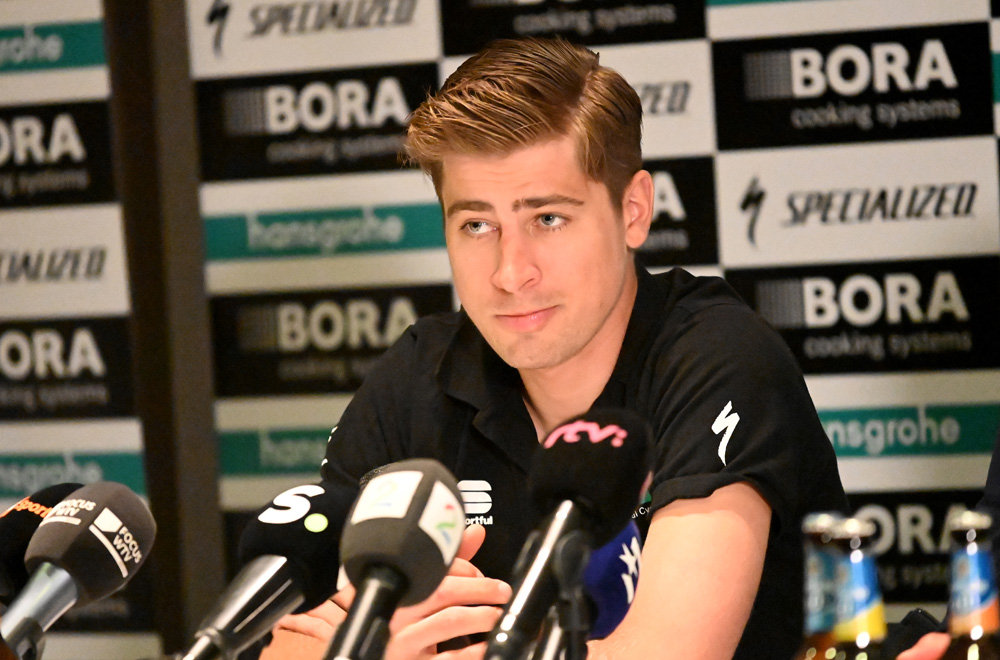
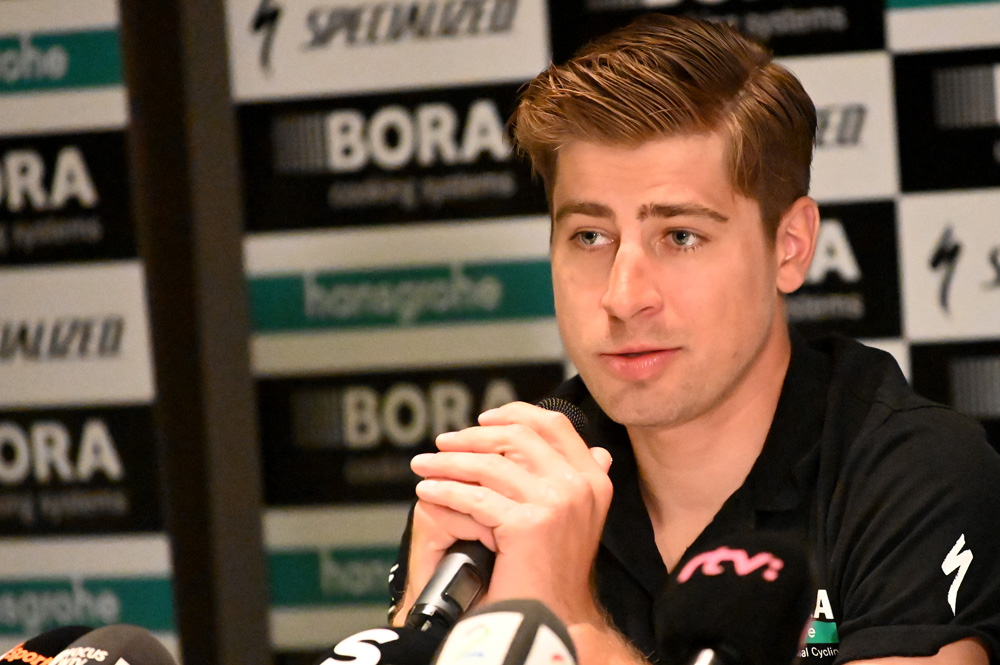
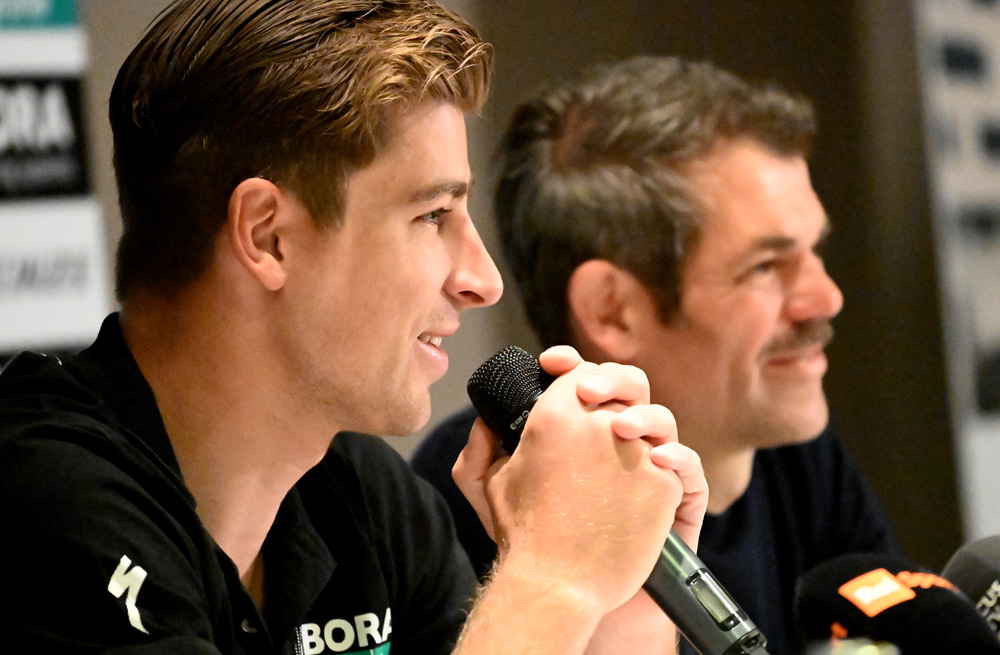
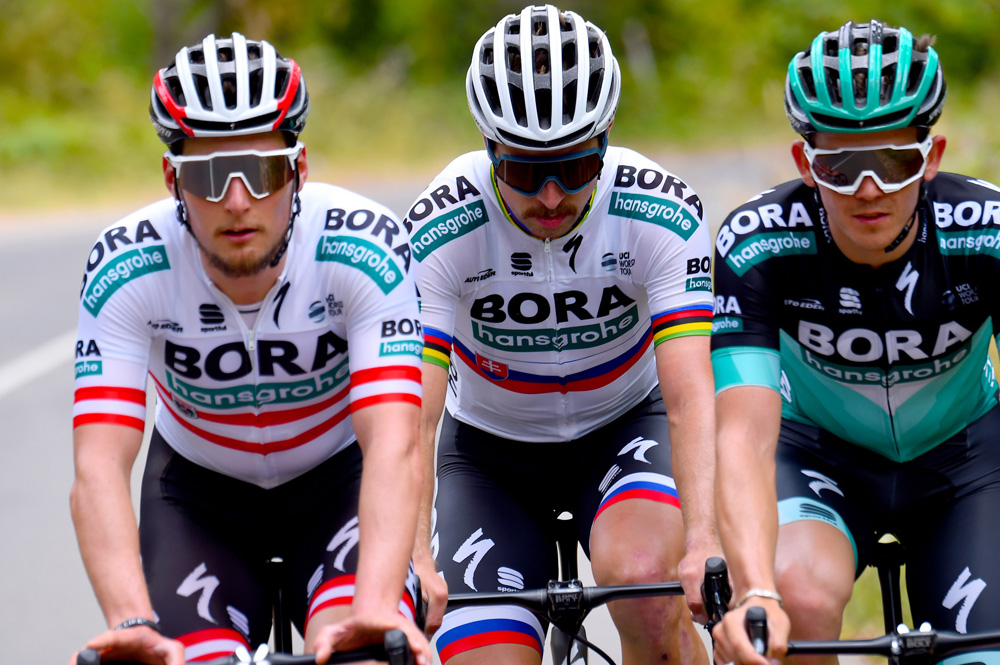
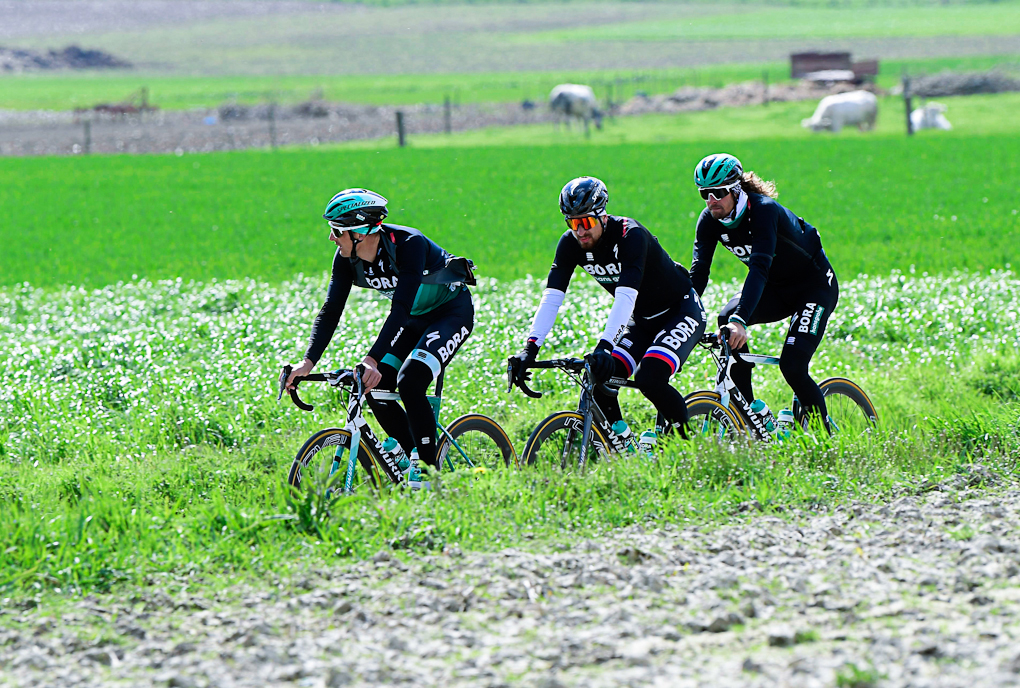
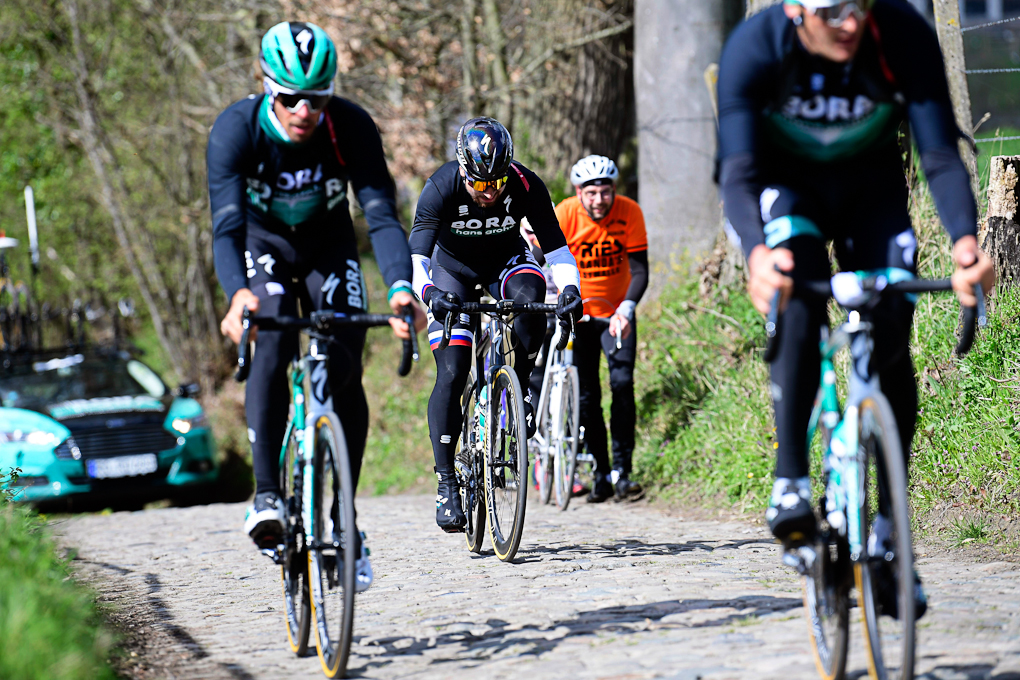
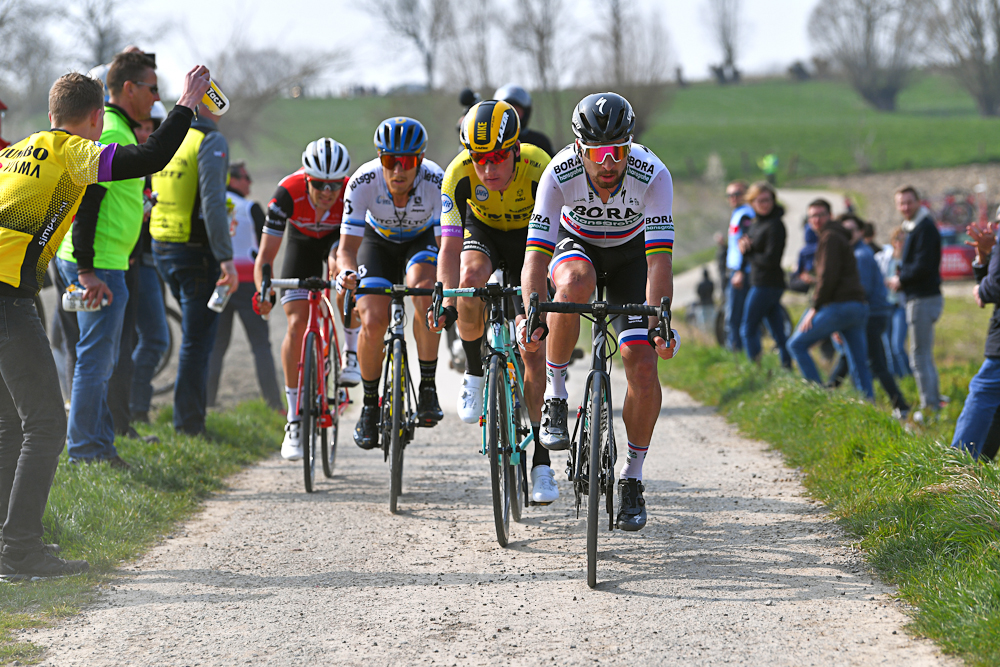
Gleaning anything from Peter Sagan ahead of a race can be a tricky task at the best of times. The Slovakian rarely likes to give anything away and he was at his mischievous best as he batted away questions about his form and his thoughts on his rivals for Sunday's Tour of Flanders.
Speaking to the press at his team hotel in Roeselare, Sagan was reticent to say how he felt his form was just 24 hours before the big race, adding that it only mattered what the result was when he crossed the finish line in Oudenaarde tomorrow afternoon.
"If I win tomorrow then I'll say I feel exquisite and if I don't win then I’ll say I feel bad," Sagan said with his usual laugh.
"It's not all about condition. It's all about how the race goes and what we can do. You can win the race also if you feel bad. You can lose the race if you can feel very good. It's just about the race. You can also have a lucky day, and everything goes perfectly, and it could be good. It could also be hell.
"We're just losing time talking about what I've done in the past and what I'm doing in the future. We're here now, and what will happen tomorrow is a big question."
Sagan has had a curtailed Classics campaign thus far, following a busy start to the season. After riding both the Tour Down Under and the Vuelta a San Juan, Sagan took more than a month off racing and went to altitude for a block of training. He returned at Tirreno-Adriatico in March and went on to take fourth at Milan-San Remo.
He finished a disappointing 17th at E3 Harelbeke but the three-time former world champion looked much better at Gent-Wevelgem, getting into a strong move that contained Matteo Trentin, Mike Teunissen and Edward Theuns. However, the race would eventually come back together and Sagan didn’t contest the sprint finish, coming home in 32nd place and 13 seconds behind the winner Alexander Kristoff.
The latest race content, interviews, features, reviews and expert buying guides, direct to your inbox!
"After Milan-San Remo, we came here with the team and they were the first races," said Sagan. "I had to get used to Belgium style of racing pretty fast. It was OK. Harelbeke was a pretty hard race. I was much better in Gent-Wevelgem but after the race went with wind and in the end it was a headwind and it was pretty hard to keep going with the small bunch. Afterwards, they caught us just before the sprint. It was like that. Now, we are looking forward to Flanders and Roubaix.
On his rivals' minds
Whatever Sagan thinks his form is going into this weekend, he has been at the forefront of the his rivals' minds, with most of them putting the 2016 Tour of Flanders winners among the five-star contenders for victory.
Sagan picked out Deceuninck-QuickStep as ones to watch, given their dominance on the cobbles this season, but he does not see them as being any more formidable than previous seasons.
"They are not stronger than before, they are just a good level of riders that can play with a lot of cards. We have to try to figure out what is their goals and what they want to do," Sagan explained.
"For sure, a lot of guys are very strong, and we have to take account of that. It depends because one guy might not be dangerous, but if you let four or five riders go then it could be dangerous.
"At Flanders, when the big leaders are fighting between themselves then maybe some outsider can go in the breakaway and keep going for a long time. It happens a lot of times at the Tour of Flanders. We can never know how the race will be, especially if it is hard from the early kilometres.
"A lot of things can happen. It even depends on what riders are around you. It’s not that easy that you’ll plan it now. A thousand things could happen before. You can’t plan in cycling, you can only plan in the moment that you are."
Born in Ireland to a cycling family and later moved to the Isle of Man, so there was no surprise when I got into the sport. Studied sports journalism at university before going on to do a Masters in sports broadcast. After university I spent three months interning at Eurosport, where I covered the Tour de France. In 2012 I started at Procycling Magazine, before becoming the deputy editor of Procycling Week. I then joined Cyclingnews, in December 2013.

